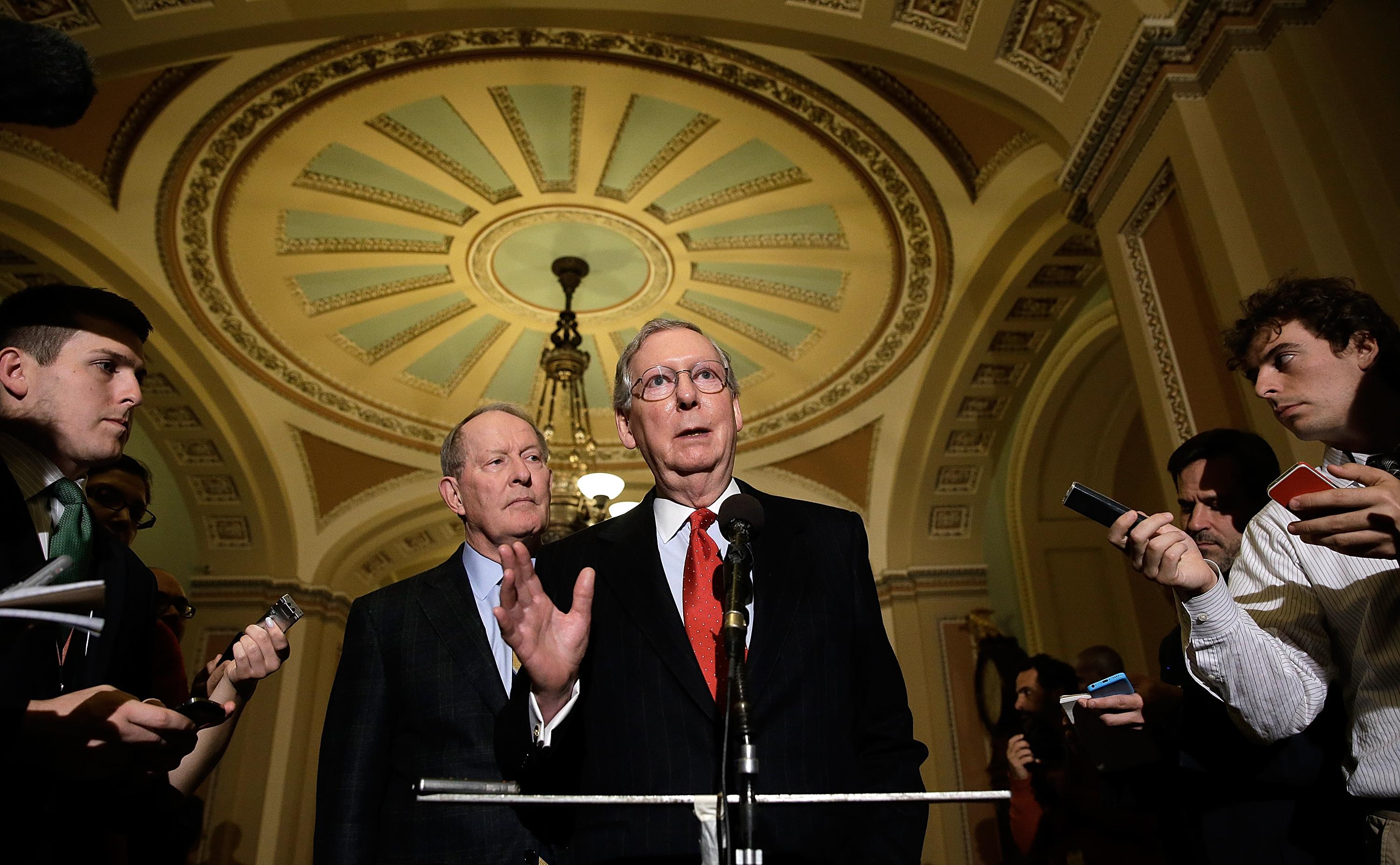WASHINGTON, United States—In what analysts are calling a landmark step on the country’s path toward representative democracy, the U.S. government agreed today to allow most appointments to high offices to be approved by a majority vote. However, opposition lawmakers are crying foul, arguing that the change will allow the country’s embattled leader to seize more power.
On paper, America’s unique system of government is supposed to work like any other electoral democracy. The executive and the legislative branches are elected by voters. The president then has the right to appoint judges and Cabinet officials, subject to approval by the legislature. In most mature democracies, the need to fill vacant posts is considered an uncontroversial matter.
However, due to a peculiar political institution known as the “filibuster”—an untranslatable word that has its origins in 19th-century maritime piracy and was once used to describe the practice of violently overthrowing Latin American governments—individual members of America’s upper legislative chamber have the ability to place indefinite holds on nominees. In earlier eras, members of the chamber were required to stand and speak for lengthy periods of time in order to carry the maneuver out.
While some nostalgic traditionalists still do this, just the threat of a filibuster is often all that is usually required to grind the appointments process to a halt. Overcoming a filibuster requires a 60 percent majority, a tall order in America’s current bitter and contentious political climate. Individual lawmakers and the regional or economic interests they represent have been invested with vast power under this arrangement.
Under the filibuster system, nominees for important judicial posts have been trapped in limbo for years at a time. Under the current regime, the number of unfilled positions in the government have reached record levels, including three seats on the country’s second-most-important court.
While a seemingly obvious political fix, the change has excited the passions of powerful lawmakers in the capital to the point where it is regularly compared to thermonuclear warfare in the press, a serious statement in the only country ever to drop an atomic bomb on another country.
Opposition lawmakers also argue that the change is an unconstitutional power grab by a scandal-racked regime. Experts expect that the fact that a number of vacant posts will be filled will improve the quality of U.S. governance in the eyes of the World Bank and other international institutions.
While some activists might hope the change will lead to other moves to modernize America’s political institutions and bring them in line with democratic norms, including eliminating the filibuster for bills and high-court judges, experts felt that more radical changes to the country’s “republic with American characteristics” were unlikely in the near term.
